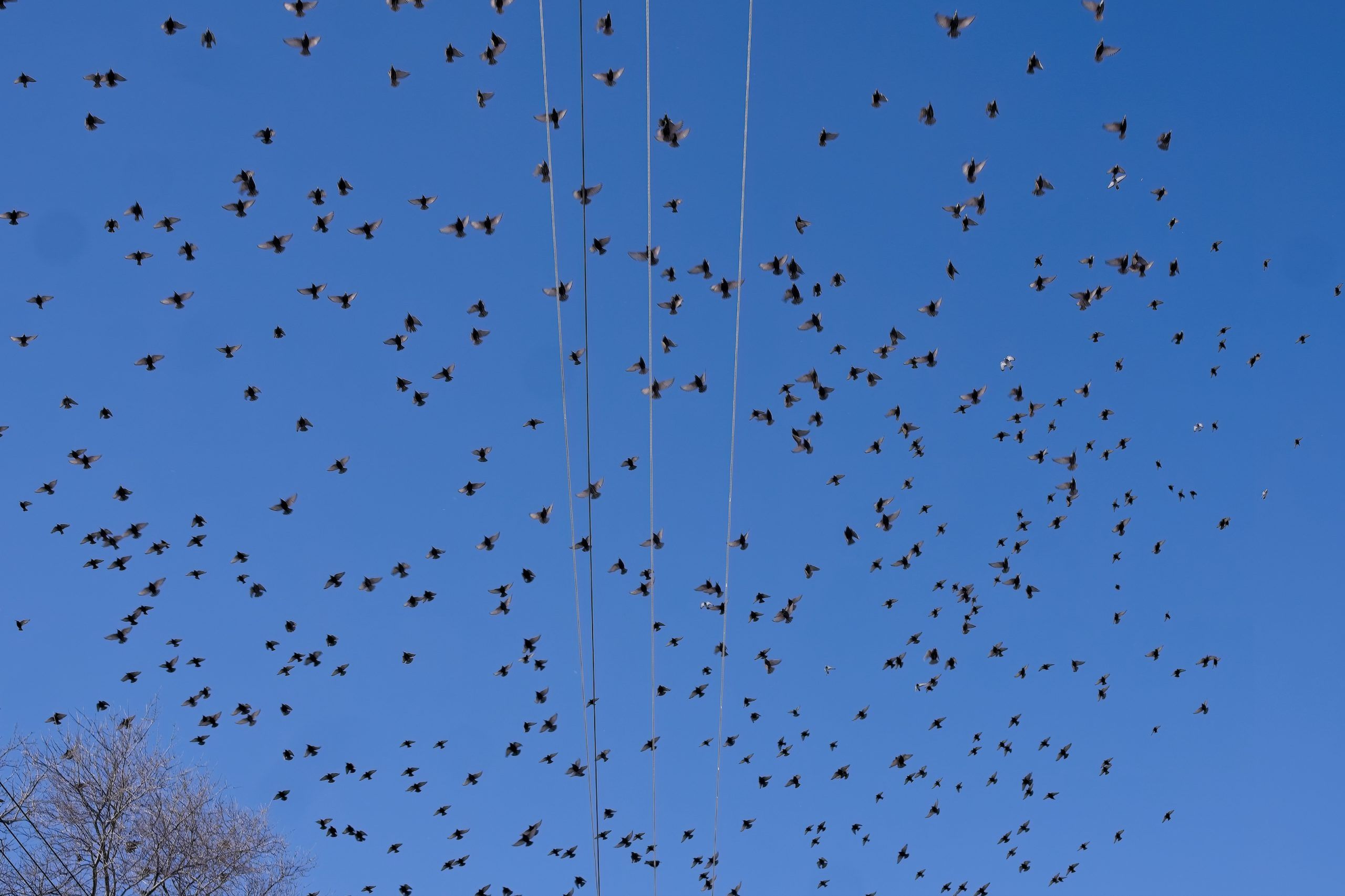An original translation by C.B. Sashenka
From Riposte Laique
H/T Oz-Rita
Ebola Emergency

An Open Letter of 300 Lombardi physicians to the Minister of Health:
Mr. Minister,
As you know, the Ebola disease is currently spreading in certain African countries where, as the UN stated, the situation is totally out of control. This means that the epidemiological data relating to the geographical dissemination of the virus, the number of infected people, and the number of deaths are not credible and are probably underestimated.
You said that it’s not necessary to be alarmed, that we doctors should neither worry nor spread panic among our patients, even if, according to WHO (World Health Organization), it is “the most grave and serious health emergency of modern times.”
You have the duty to worry, and to enact all possible measures, to protect the health of the population
The measures you have taken are the same as those put in place in other European countries, that is, to notify airport personnel to isolate any suspected cases. But the isolation of infected people can only be effective from the very beginning, that is, before these people come into contact with other individuals.
Patient Zero (American Thomas Eric Duncan in Dallas, Texas), and most recently Craig Spencer (American doctor in NYC) of the USA, were perfectly fine at the time of their arrival in the U.S., and were able to walk around peacefully for several days before the onset of fever, thereby infecting other people. This shows us that the steps taken do not guarantee the early identification of infected people in countries not equipped to perform checks at ports and airports.
Italy has, as additional and exclusive risk factors compared to other countries, a massive and continuous surge of migrants arriving from Africa; and each arrival poses the risk of being a Trojan horse that could spark a tragedy.
Probably nothing will occur from all this, but we can’t say with certainty that a tragedy won’t occur, unless this problem has been completely fabricated.
The only effective measure is to quarantine anyone arriving from an area at risk, as is the case with the states of New York, New Jersey and Illinois, and with the soldiers of the American base in Vicenza. Continue Reading →

 In a
In a